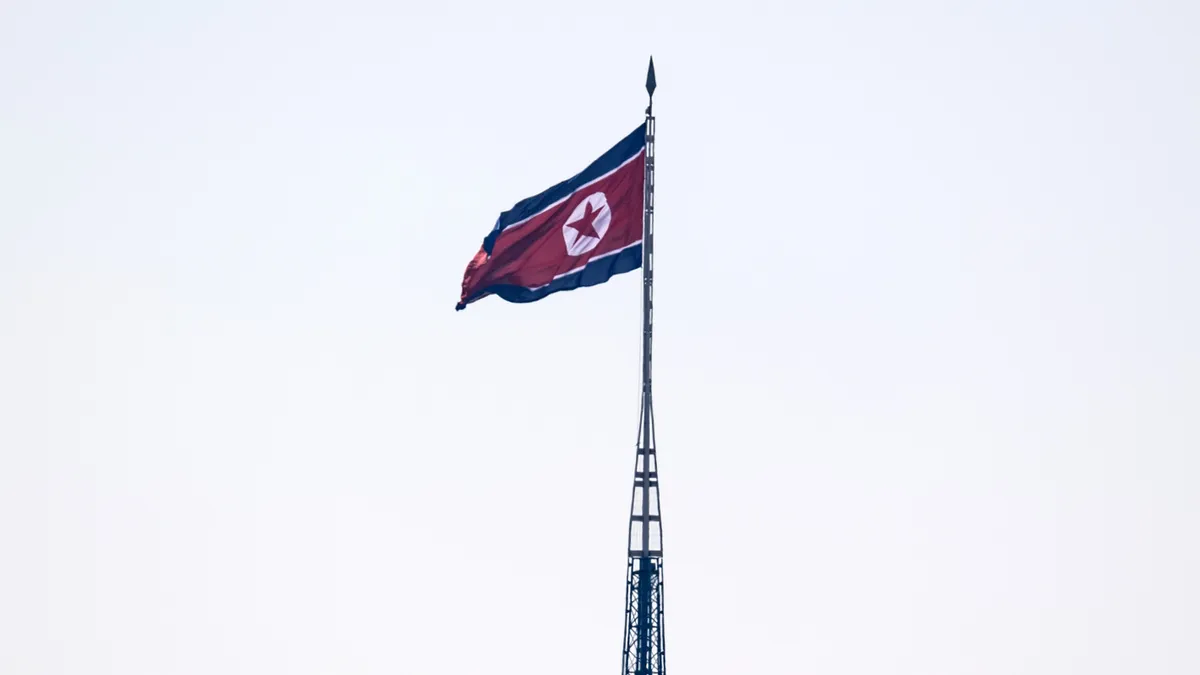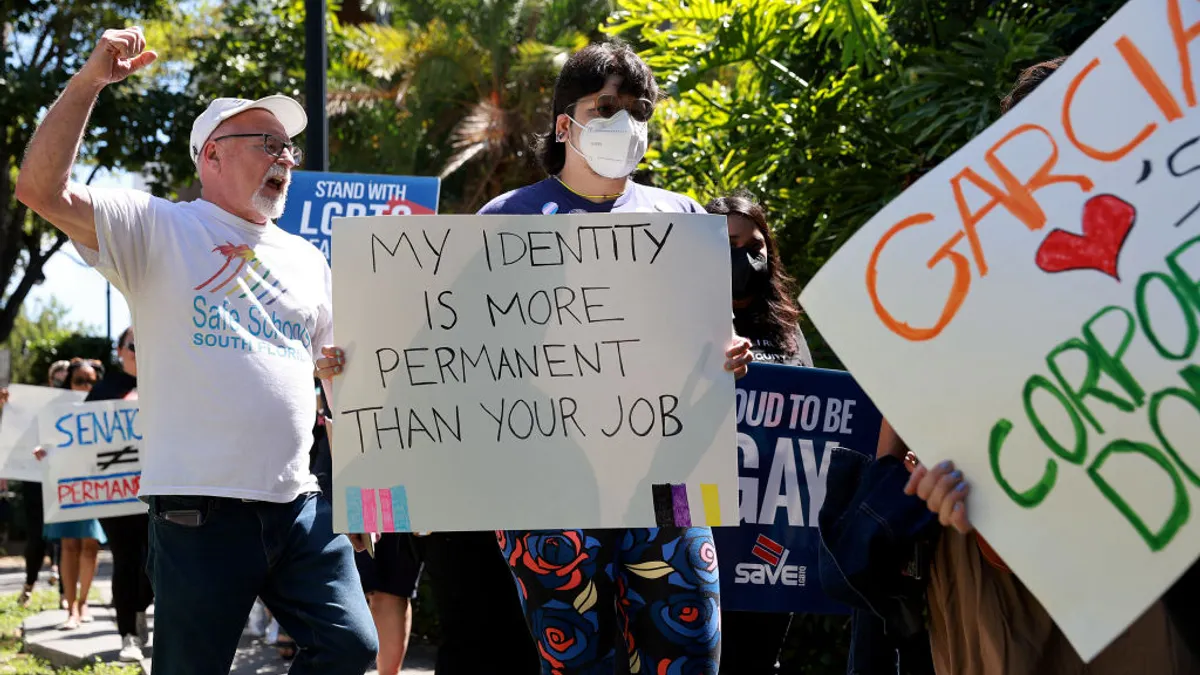Third parties who act on behalf of an employer can be held liable for employment discrimination under California law, the state’s High Court ruled in a unanimous decision.
The court said liability under California’s Fair Employment and Housing Act, or FEHA, can extend to business entity agents with at least five employees. The direct liability can be applied when the outside party carries out FEHA-regulated activities on behalf of an employer.
Legal experts have said the California Supreme Court’s Raines v. U.S. Healthworks Medical Group opinion has significant implications for third parties involved in hiring processes.
“The opinion opens up businesses acting as agents to potential FEHA litigation that was otherwise not clearly available to employees under the statute,” according to a Gibson Dunn blog post about the case.
Third party entities involved in the employment hiring process are advised to review their policies, methods and practices to ensure they are compliant with California law, according to Lauren Blaes of Sheppard Mullin. She wrote in a blog post that impacted entities include those that provide medical screenings and background checks of prospective employees for employers.
The underlying Raines case involved prospective employees’ concerns about pre-employment medical screenings conducted by U.S. Healthworks Medical Group.
A plaintiff alleged that after she declined to answer a question about the date of her last menstrual period, her exam was terminated and her offer of employment from the company that hired the screening firm was terminated.
Employer implications
Legal experts said the California court’s decision also has implications for employers, as they can be held liable for the acts of their agents.
Heather Dillion, a Dorsey & Whitney partner, recommends employers review the California Civil Rights Department’s pre-employment inquiry guidelines and conduct training for all of those involved in the interview process.
“Employers should confirm with any third party hiring agency or screening company that they are asking only lawful pre-employment questions,” Dillion said in a prepared statement.
Meanwhile, lawyers at Barnes & Thornburg said the ruling should prompt employers to carefully select and monitor third-party agents who are involved with hiring processes.
They also said the court’s decision, which came in a putative class action, opens the door to increased class-action lawsuits against employers who employ third-party agents.
“Employees from multiple companies could unite to challenge the actions of a single agent,” the Barnes & Thornburg lawyers wrote in a blog post. “With that in mind, employers must be prepared for potential legal ramifications that may affect them indirectly due to their relationships with those third-party agents.”
Impact beyond California?
The California Supreme Court’s ruling came in a federal case referred to it by the U.S. Court of Appeals for the Ninth Circuit so the state’s High Court could address a FEHA-related question.
Dillion said that while the court’s ruling is limited to California law, the language analyzed by the California Supreme Court is comparable to language in Title VII of the Civil Rights Act of 1964.
“All employers are encouraged to review the pre-employment questions they ask and ensure adequate training of interviewers,” Dillion said.
Unanswered questions
The California Supreme Court said its decision did not “attempt to identify the specific scenarios in which a business-entity agent will be subject to liability under the FEHA.”
The court also said it was not deciding the significance “of employer control over the act(s) of the agent that gave rise to the FEHA violation.”
Additionally, the opinion authored by Associate Justice Martin Jenkins said the court was not deciding whether its conclusion about liability extends to business-entity agents that have fewer than five employees.
Reaction from parties
The California Supreme Court’s opinion drew praise from the plaintiffs’ attorneys at Phillips, Erlewine, Given & Carlin.
“The high court has sent a message: Agents of employers cannot escape liability for their own violations of the law,” said Randy Erlewine, lead counsel for the plaintiffs, in a prepared statement.
An attorney for defendant U.S. Healthworks Medical Group did not immediately respond to a request for comment on Monday.
The defendants had argued that a business-entity agent of an employer should not be held directly liable under FEHA because an agent acts under the control of its principal, and therefore the principal is the entity primarily responsible for any inadequate performance by the agent, the court’s decision said.






















